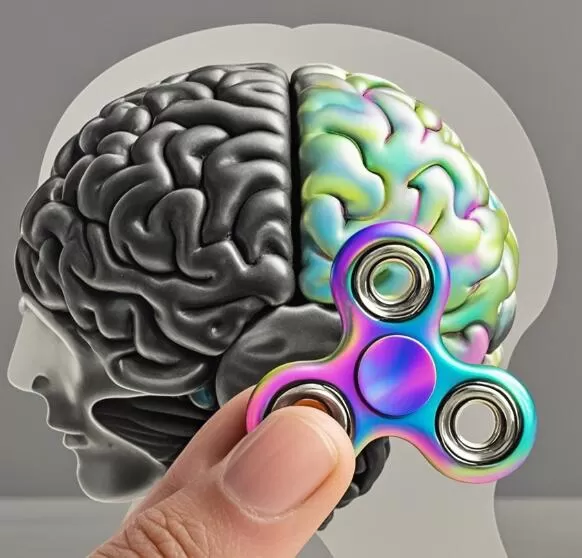Fidget Spinner and Brain Activity
Research has been conducted to understand the cortico-striatal activity associated with fidget spinner use. Some studies suggest that fidget spinners may have positive effects, such as improving attention in individuals with ADHD and hand motor control. However, there are also conflicting views. To investigate the neural mechanisms, functional near-infrared spectroscopy (fNIRS) studies and fMRI studies have been carried out. The supplementary motor area (SMA) is hypothesized to be differently activated at different eccentricities of fidget spinners. Additionally, the rotating of fidget spinners is thought to increase functional connectivity between the brain region showing activation associated with the ease of rotation and the ventral striatum. The study also discusses limitations and the need for further research to better understand the potential mechanisms that affect motor behavior.
In conclusion, the impact of fidget spinners on the brain and motor behavior is a complex topic that requires further continuous measurement and in-depth studies. While some studies show potential benefits, more research is needed to draw definitive conclusions.



